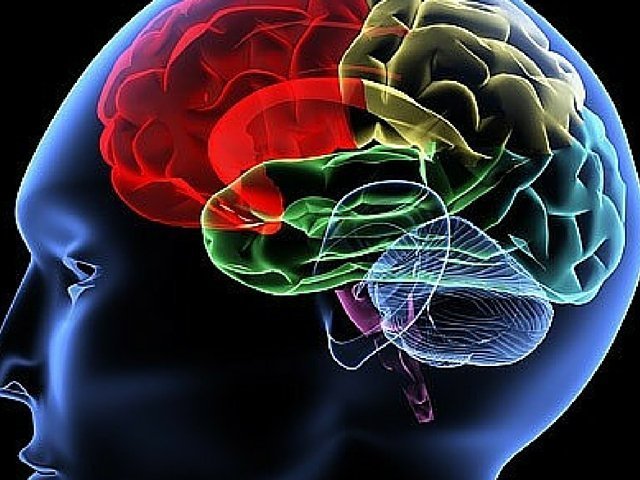Meditation is ancient. Thousands of years old. Tried and tested by millions of people from across the globe.
Now science is starting to take more notice and technology is becoming available that will make the research into this ancient practice much more sophisticated and insightful .
The hurdle we seem to have at this point .. is how to take a subjective experience and understand it. The words I use to describe my meditation experience are completely personal and likely very different from another persons description.
Interesting to read today of a study using a relatively new technology called real-time fMRI neurofeedback to ask:
“How does the subjective experience of meditation line up with activity in the posterior cingulate cortex on a moment-to-moment basis?”
The experiment put experienced meditators from several different traditions (Christian, Zen, Tibetan, Theravada) into an fMRI scanner and asked them to meditate with their eyes open for one-minute blocks of time. Immediately afterward, they were asked to describe their experience and how it may have changed from beginning to end.
Of course the experiment provided a wide range of descriptions of people’s experience times; when they just relaxed and watched thoughts arise, moments when they became anxious, even moments when they tried to concentrate more. This produced a trove of rich subjective experience that we could directly tie to brain activity. The subjective descriptions and put them into general categories such as “concentration”, “distraction”, “efforting” and “not efforting”.
You can read the article in full here : Your Brain on Meditation from the Mind & Life Institute
What is now apparent from the study is that there are now scientific techniques (such as real time neurofeedback) that can more precisely link brain activity with subjective experience across a number of realms of cognitive neuroscience (meditation just being one of them).
“And in the future, we may even be able to bring these neuroscience tools together to help provide feedback while individuals are learning to meditate”.

